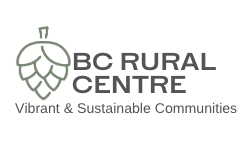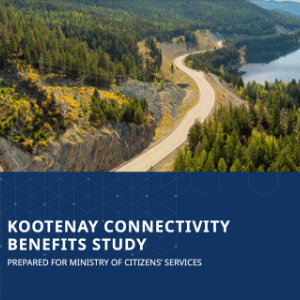Featured News
Innovative Approach to Medical Training
A visionary Canadian physician believes three new medical schools opening in Canada will flip the country’s medical training model on its head to focus more on family medicine. “It takes a community to raise a physician,” said Dr. Roger Strasser, interim dean of the new Simon Fraser University Medical School and founding dean of the Northern Ontario School of…
Read MoreKeeping It Rural 2023
June 1st and 2nd, 2023 in Kelowna, BC at the Hampton Inn We are planning to cover many of the challenges and opportunities facing rural BC right now. From mill closures, and mega-projects to innovation in agriculture and rural health updates. The tickets will go on sale in mid-March and due to limited seating we…
Read More20 Years of Fallout in the Forestry Sector
More than 20 years ago, a tiny insect changed B.C.’s forestry future. The fallout is still happening Job losses being seen across the province have been predicted for more than a decade, industry leaders say No one is surprised by the news of Canfor shutting down one of its pulp mills in Prince George. Not…
Read MoreDrug Use Study Conducted in qathet Region
A study of people who use drugs conducted in the qathet region found a variety of negative consequences, likening the situation for drug users to living in a goldfish bowl. Dr. Geoff Bardwell, the study’s lead, who is affiliated with BC Centre on Substance Use, and is also an assistant professor in the school of…
Read MoreNew and Improved Public Spaces and Tourism Experiences
The Government of Canada is making investments across British Columbia to refresh community spaces, attract new visitors, and stimulate local economies Safe and inclusive public spaces and dynamic tourism attractions are key to vibrant communities. They bring together people of all ages and abilities, in turn supporting businesses and boosting economic vitality. Throughout the East…
Read MoreA Post-Pandemic Policy Agenda for Rural and Smaller Canadian Communities
Many of us know someone who, at the height of the pandemic, picked up and moved from an urban centre to a smaller, more rural Canadian community. Though small and rural communities face unique challenges across this country, we know one thing: inclusive and sustainable growth principles are becoming foundational to economic decision-making across the…
Read MoreTerritory Acknowledgment: A Guide
Acknowledging traditional territory is, for many First Nations, a long-standing practice and a regular aspect of governance relationships and ceremony. In recent years, territory acknowledgments have become common across Canada as an act of respect and reconciliation at formal meetings, conferences, or public events. Fundamentally, a territory acknowledgment is a relational process, which means that…
Read MoreStudy finds Rural Connectivity Benefits People, Economy
The Kootenay Connectivity Benefits Study, released by BC Stats, finds high-speed internet connectivity expansions in rural, remote and Indigenous communities positively impacts both local and provincial economies in the short and long term. Read the Full Report Here: Kootenay Connectivity Report 2022 BC Stats conducted a study of the Kootenay Economic Region to examine the…
Read MoreRural Patients and Doctors Worry about Lengthy Wait Times and Level of Care as Workload Rises
Bob Storey is waiting to be put on a waiting list. Bob Storey grips his cane outside the community health centre in Fraser Lake, B.C. He’s waiting for a doctor’s appointment in January that will get him on a waiting list for a hip replacement. In the Northern Health authority where he lives, the average…
Read MoreNet Zero Energy Duplex at Williams Lake First Nation Completed
A new net zero energy duplex at Williams Lake First Nation (WLFN) in the Cariboo is one of six demonstration projects by builders across Canada. Zirnhelt Timber Frames near Williams Lake and five other companies are working with the Canadian Home Builders’ Association (CHBA) to advance the net zero home industry. For the new duplex’s…
Read More









